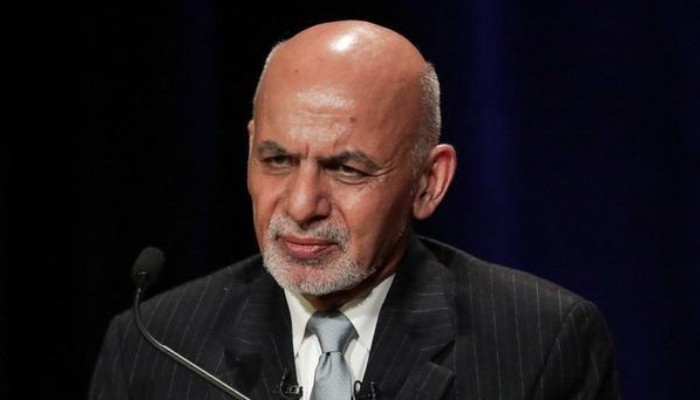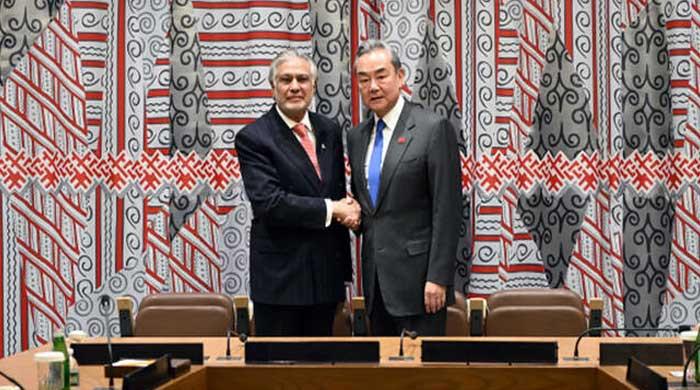Taliban outside Afghanistan hindrance to US-led peace talks: Alice Wells
Ambassador Alice Wells explained that America desires decisive moves in the peace talks
July 02, 2018
WASHINGTON/ISLAMABAD: The Taliban leaders residing outside Afghanistan pose a hindrance to the United States-led Afghan peace process, a senior State Department official said Saturday.
Ambassador Alice Wells, the senior bureau official for the Bureau of South and Central Asian Affairs at the US Department of State, explained that American leadership desires decisive moves in the peace talks.
She made the remarks while talking to reporters during a visit to Kabul. Her remarks were made on Saturday but embargoed for release on Sunday.
Wells is scheduled to arrive in Islamabad today on an official visit to meet top Pakistani officials,
“Increasingly, I think it’s becoming unacceptable for the Taliban not to negotiate,” she added.
“Right now it’s the Taliban leaders, and frankly it’s Taliban leaders who aren’t residing in Afghanistan, who are the obstacle to a negotiated political settlement,” said Wells, one of the State Department’s top officials dealing with Afghanistan.
The Taliban, fighting to restore their government after being toppled by a US-led campaign in 2001, have so far rebuffed President Ashraf Ghani’s call for talks following a three-day ceasefire over the Eid holiday last month.
Instead, they have accused civil activists and local groups urging a truce of playing into the hands of the United States, which they say must pull its troops out of Afghanistan for talks to begin.
However, Wells said there was widespread support for peace, underlined by scenes of unarmed fighters mingling with government troops and civilians on the streets of Afghan cities during Eid.
“The support that we saw, not just from the Afghan people but from the Taliban commanders and foot soldiers was extraordinary,” she said.
On Saturday, President Ghani ordered government troops to resume normal operations following a voluntary extension of the Eid ceasefire and repeated his offer to the Taliban to open peace talks.
Wells said a US offer to join peace talks and discuss the future of international troops in Afghanistan had removed any justification for the Taliban’s refusal to negotiate with the Afghan government, which they consider a puppet regime.
“It really takes away all of the objections the Taliban have about why they are not prepared to engage with the Afghan government,” she said.
Wells has also said that neighbouring countries had a vital role to play in pushing the process ahead but Pakistan was not doing enough. “We have not yet seen that sustained and decisive action on the part of Islamabad and that’s what we’re looking for,” she said.
'Pakistan on notice'
Wells had announced earlier that Washington had put the country on notice again and expects unequivocal cooperation in ending the sanctuaries the Taliban have been enjoying in its territory — a claim Islamabad denies.
"Pakistan is on notice that we expect its unequivocal cooperation ending sanctuaries that the Taliban have enjoyed since the remnants of their toppled regime fled into Pakistan in 2001," the ambassador had said in an official testimony before the US House Foreign Affairs Committee.
Wells had acknowledged that Pakistan could play an important role and has legitimate interests it wants to ensure are met during any peace process.
"The dialogue that we have with Pakistan seeks to address those concerns while also encouraging additional concrete support for Afghan peace efforts.















